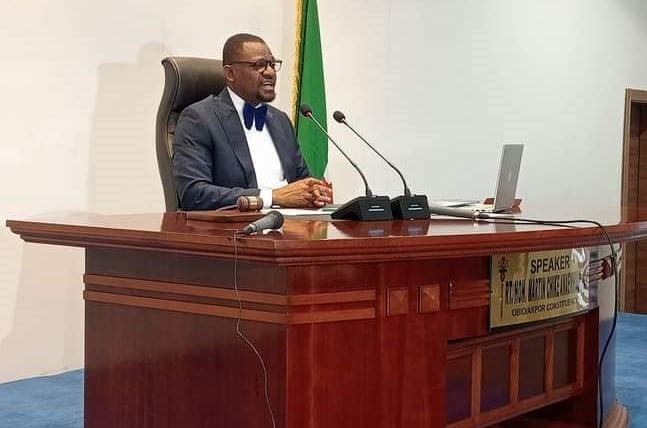TikTok has debunked claims its updated algorithm favours celebrities and established influencers at the expense of emerging creators, following growing complaints from Nigerian content creators who say they are seeing significant drops in video engagement and visibility.
“Video views will vary from video to video, and the number of followers a user has or whether they have other high-performing videos does not affect how their next video will perform or how the video is suggested in For You feeds,” Head of Communications for Sub-Saharan Africa at TikTok, Keagile Makgoba, said in a statement on Monday.
Creators across Nigeria have raised the alarm in recent months over what they describe as a dramatic shift in the platform’s dynamics. Once considered a leveller where any user could go viral regardless of following, many now argue that the system is skewed towards accounts with an already large audience.
TikTok began introducing updates to its content recommendation system in 2024, which it says were aimed at promoting authentic interactions and improving user experience.
The platform’s For You feed, the primary channel for content discovery, is now more heavily influenced by viewer watch time, video completions, rewatchability, and meaningful engagement like comments and shares.
Makgoba explained that the system is designed to recommend content that aligns with each user’s specific interests, based on how they interact with videos on the app.
“The For You feed’s recommendation system takes into account various interactions and preferences that are expressed through the app. These are things like your likes, follows, hashtags, and other interactions with videos on TikTok.”
But for many Nigerian creators, these changes have had unintended consequences. Some report that content that previously attracted tens of thousands of views now barely reaches a fraction of their audience.
The situation is further complicated by Nigeria’s exclusion from TikTok’s monetisation programmes such as the Creator Fund and Creativity Programme, which are available in other regions. Additionally, tougher content moderation policies are making it harder for creators to publish videos without risking demonetisation or shadow bans.
Despite these concerns, TikTok continues to grow rapidly in Nigeria, one of its largest and most active markets in Africa. The app has become central to the country’s digital culture, powering trends, comedy, music promotion, and brand partnerships. For many young Nigerians, it is also a critical pathway to creative and financial independence.












